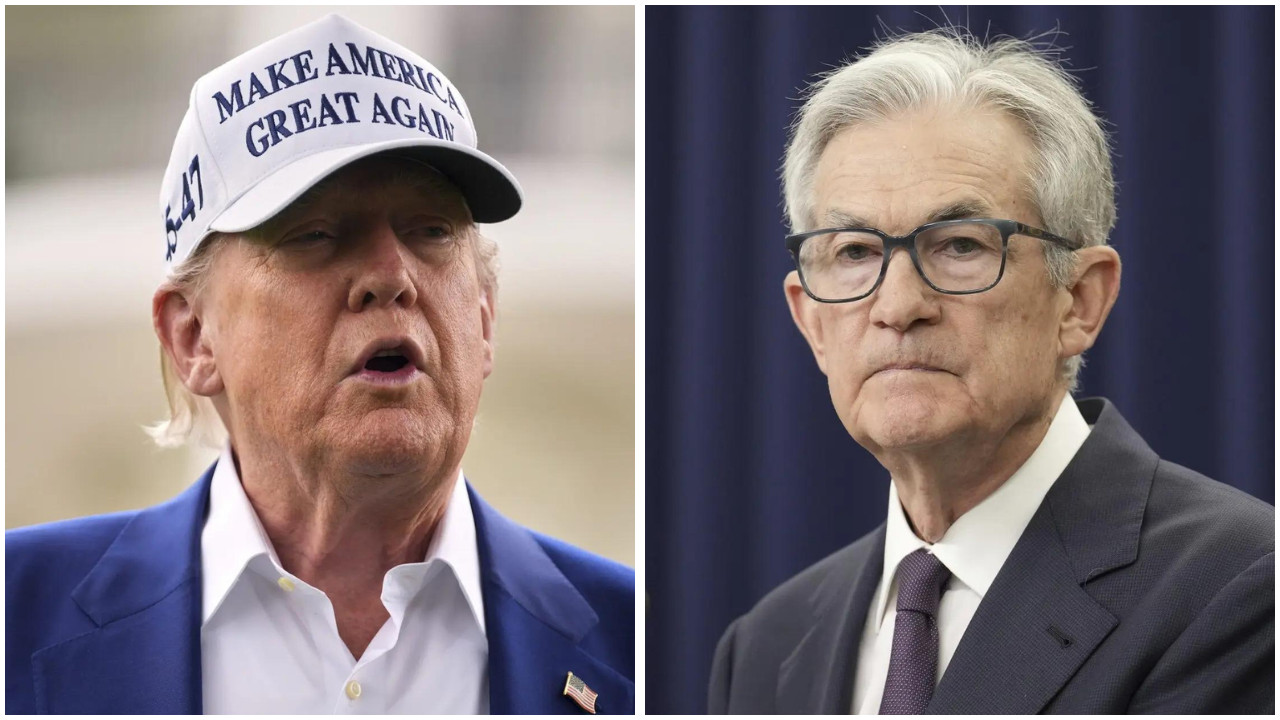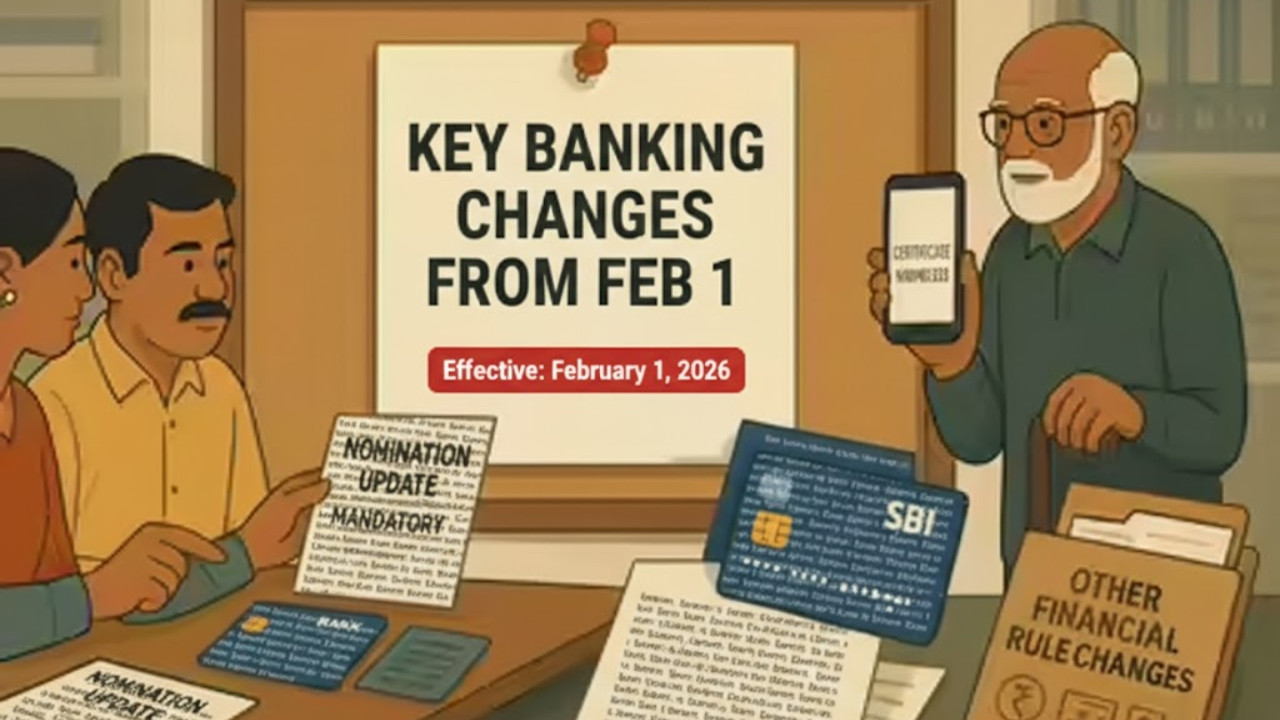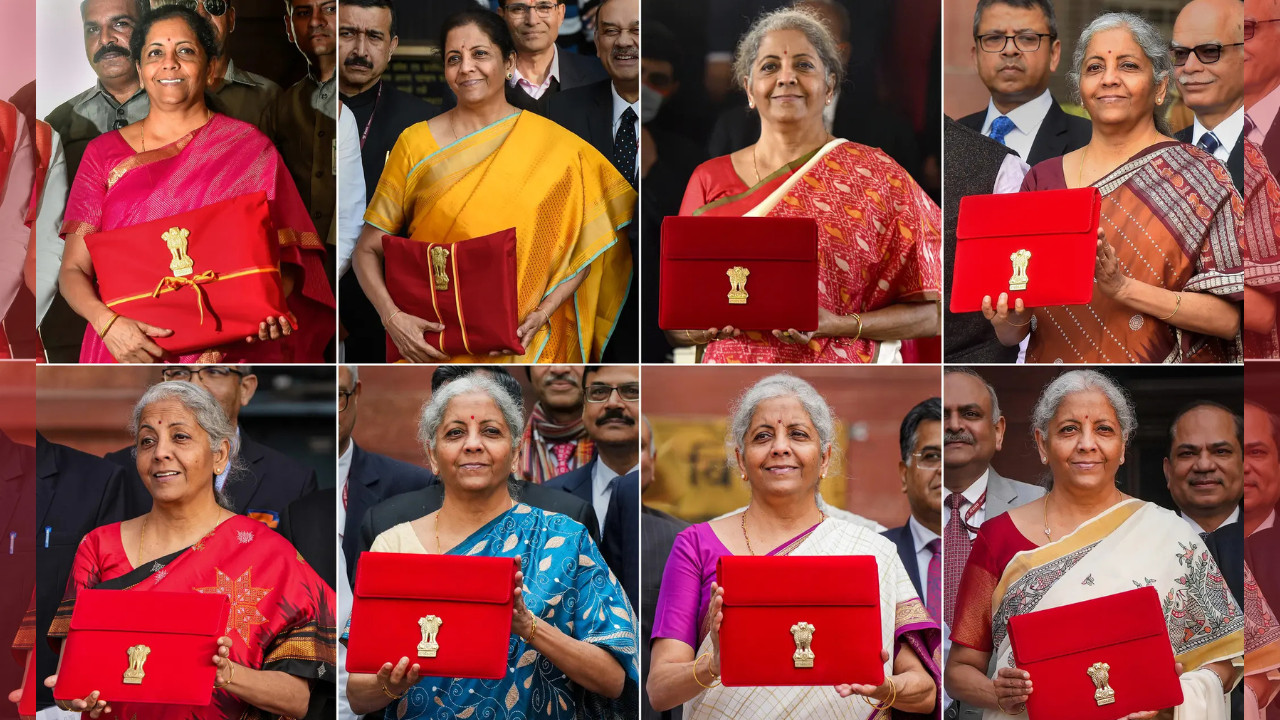Donald Trump has once again publicly criticized Federal Reserve Chair Jerome Powell, calling for lower interest rates and even suggesting he might consider firing him. Trump’s renewed attacks come despite the Fed’s recent decision to hold rates steady, citing the need for patience on inflation. Speculation is growing about potential replacements for Powell, raising concerns about the Fed’s independence.
Trump and Powell: A Rocky Relationship Gets Rockier, Again
Okay, folks, buckle up, because the saga between Donald Trump and Jerome Powell, the Federal Reserve Chair, is back on the front burner. And let me tell you, it’s not exactly a heartwarming tale of mutual respect. It’s more like a reality TV show where the main characters constantly threaten to vote each other off the island.
Remember those days when Trump was publicly griping about Powell, questioning his monetary policy decisions? Well, apparently those feelings haven’t exactly dissipated. In a recent interview, Trump not only resurrected the threat of firing Powell (something he reportedly considered more than once during his presidency), but also tossed in a few choice words, calling him a “total and complete moron.” Ouch.
Now, this isn’t just about playground insults. The relationship between the President and the Fed Chair is a critical one for the stability of the US economy. The Fed, as most know, is tasked with managing monetary policy, setting interest rates, and generally keeping the economy on a relatively even keel. Traditionally, the Fed operates independently, shielded from direct political interference. This independence is designed to prevent short-term political pressures from influencing long-term economic decisions. Imagine if every election cycle resulted in drastic shifts in interest rates – chaos, right?
Trump, however, never seemed particularly enamored with this tradition. He frequently voiced his displeasure with the Fed’s interest rate hikes, arguing they were hindering economic growth. He clearly believed Powell should have been more compliant with his administration’s economic agenda.
The irony, of course, is that Trump appointed Powell to the position in the first place. He seemed to believe Powell would be a more dovish (i.e., favoring lower interest rates) choice than Janet Yellen, Powell’s predecessor. Clearly, things didn’t quite pan out as expected.
So, what’s the big deal now? Trump isn’t president anymore, so why is he still talking about firing Powell? Well, there are a few potential reasons. Firstly, Trump is a master of maintaining media attention. Stirring up controversy, even after leaving office, keeps him relevant and in the headlines. Secondly, and perhaps more importantly, he’s likely laying the groundwork for a potential return to the White House. By criticizing Powell and revisiting past grievances, he’s sending a clear message: he still believes he knows best when it comes to the economy.
And what about the implications for the future? If Trump were to win another term, would he actually try to remove Powell? It’s a legitimate question. While the President can’t directly fire the Fed Chair (they can only be removed “for cause,” which is a pretty high bar), a hostile relationship could undoubtedly undermine the Fed’s effectiveness. The mere threat of interference can spook markets and erode public confidence in the central bank.
Let’s be honest: the Fed’s job is already tough enough. They’re constantly juggling inflation, unemployment, and economic growth, all while trying to predict the unpredictable. Adding political drama to the mix only makes things more complicated.
The whole situation raises some serious questions about the ideal relationship between political leadership and the central bank. Should the Fed be completely insulated from political considerations, or should it be more responsive to the democratically elected government? There are valid arguments on both sides. Complete isolation could lead to policies that are out of touch with the needs of the people, while excessive political influence could lead to short-sighted decisions that harm the economy in the long run.
Ultimately, a healthy balance is needed. The Fed needs to be independent enough to make sound, long-term economic decisions, but also accountable to the public it serves. And let’s face it, a little less name-calling and a little more constructive dialogue wouldn’t hurt either.
While Trump’s comments might seem like just another headline grabbing moment, they highlight the ongoing tension between political ambition and the delicate art of managing a nation’s economy. It’s a conversation we all need to be paying attention to, because the decisions made at the Fed have a very real impact on our wallets and our futures. So, stay informed, folks, and maybe keep a close eye on the TV – this particular reality show might have a few more seasons left.







